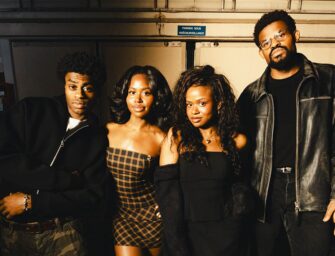
Netta: Israel’s performer won the 63rd Eurovision Song Contest
Eurovision divides opinion like no other music show. As the old saying goes: you either love it or hate it
Tonight marked the 63rd edition of Eurovision, the world’s biggest song contest, hosted in Lisbon, Portugal. After an enthralling new scoring system gradually revealed the results, Israel’s Netta Barzilai was declared this year’s winner, with her playful and rather kooky song Toy.
The showcase attracts massive viewing figures around the globe every year. In the UK, it is reported that 8.37 million people tuned in to watch the 2017 contest. But with all the positivity surrounding Eurovision, there are just as many people who think the show is tacky and pointless. The consensus amongst those people is that many of the songs suffer from questionable songwriting, and even though there may be some truth in that opinion, it’s important to understand what the contest is at its heart before jumping to conclusions.
The aim of Eurovision is to find the most original song. It doesn’t have to be the best song ever written, or even feature the best vocal talent. Secondly, many of the contestants come from non-English speaking countries, and when attempting to sing in English, like many do, the results can seem confusing and hilarious for those of us in the UK, Ireland, and Australia. But, the most important thing to remember is that the songs are influenced by each nations’ culture, which is why there is such a heavy folk presence at Eurovision. And with many of the performers turning up in traditional national dress, what seems strange and amusing to some is serious to others. And obviously, there’s a lot of politics involved, too.
For a competition that began in 1956, then comprising only six countries, it is impressive that Eurovision has grown into the spectacle it is today, with 40 nations taking part. And it appears that it won’t be going anywhere anytime soon.
































Related Articles